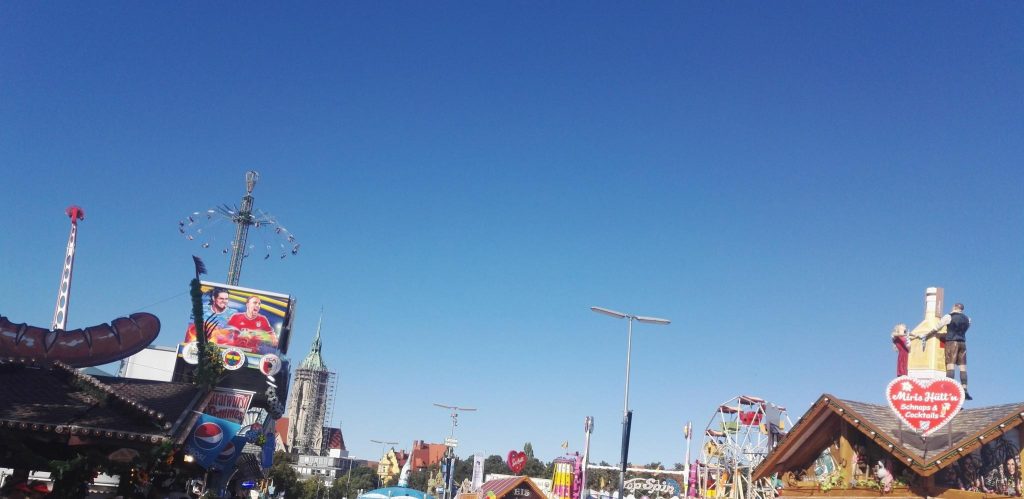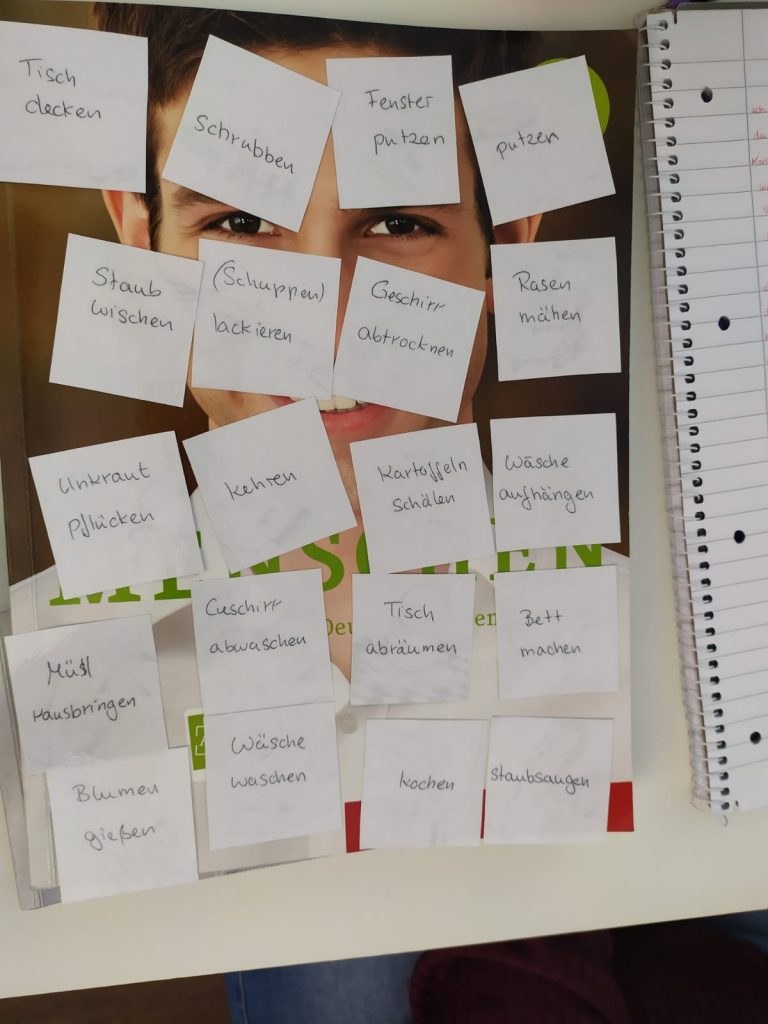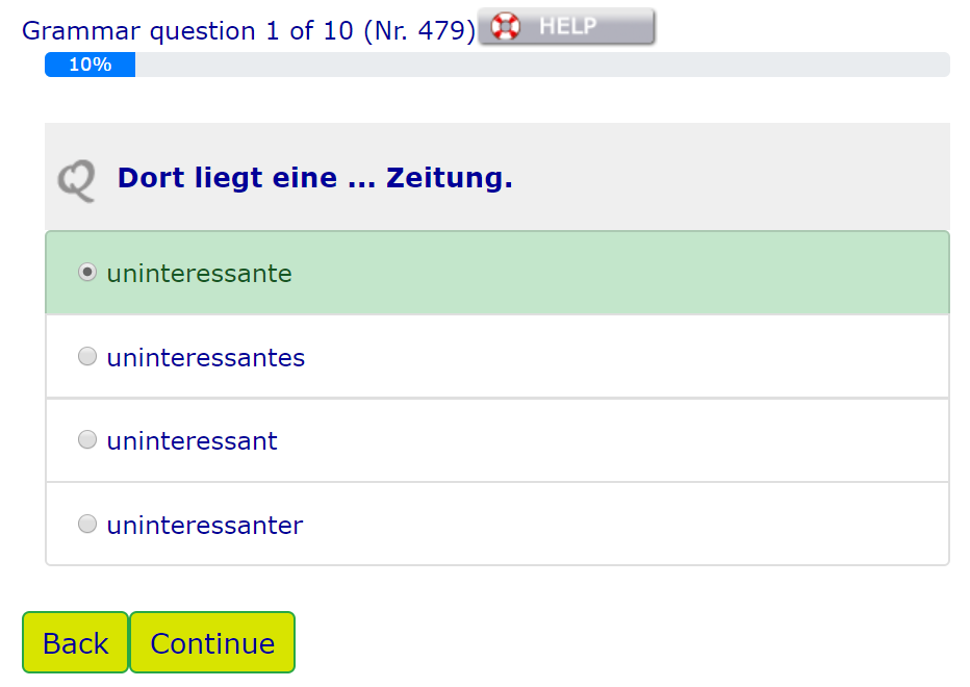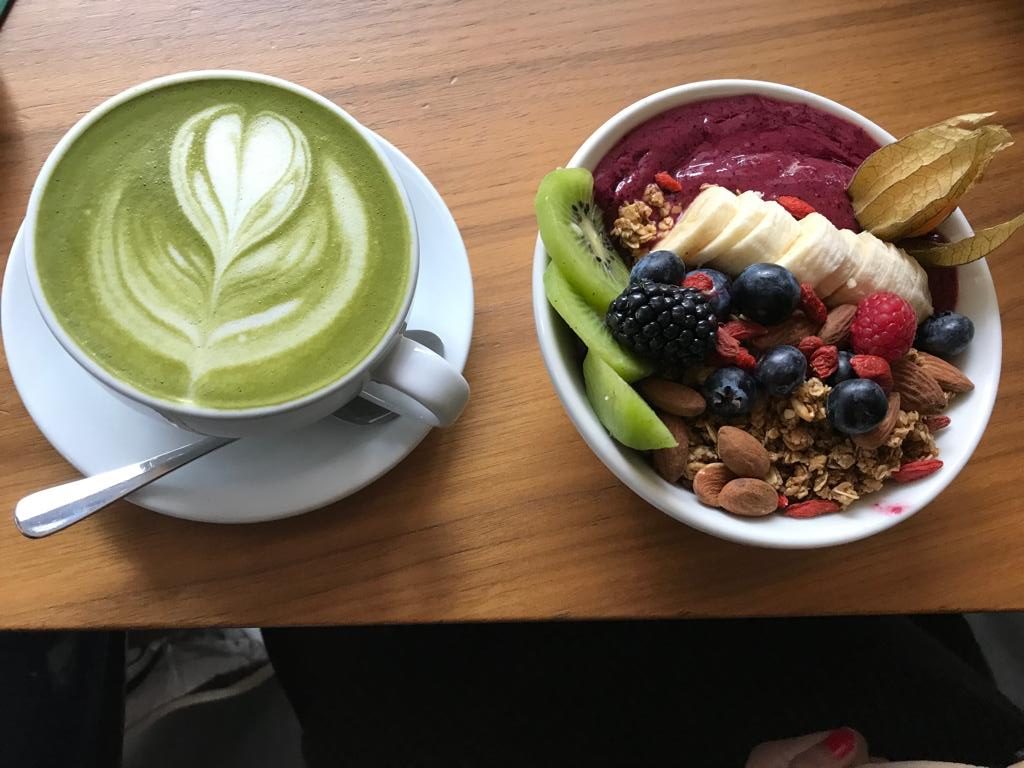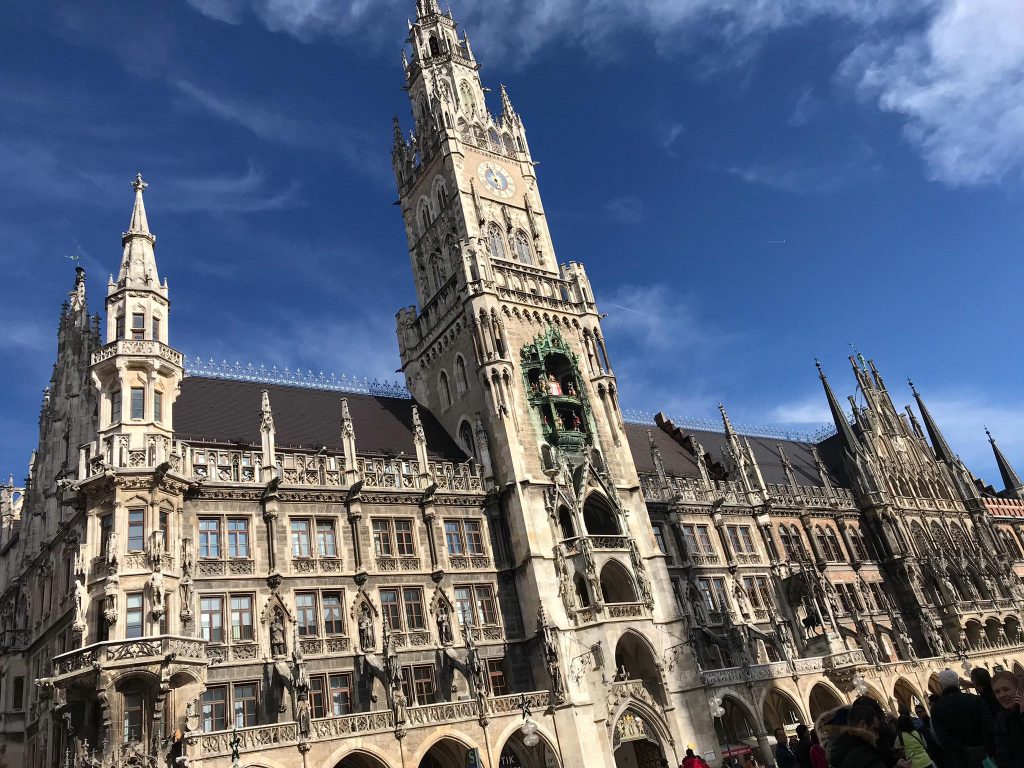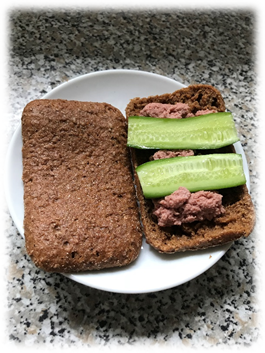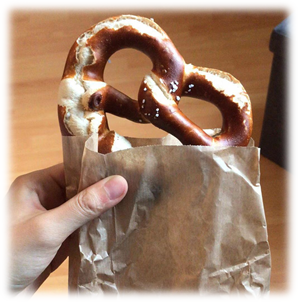One of my favorite plans is to visit museums. If you are passionate about art or science, in Munich you will find a lot of fun in each of the museums that this city has to discover. Some of the museums are unique in the world and here are some of the ones you can visit in this city:
- Deutsches Museum has one of the largest science and technology collections in the world, more than 100,000 objects. The exhibitions are varied and include topics such as mining, atomic physics, the environment, biotechnology, aviation, etc
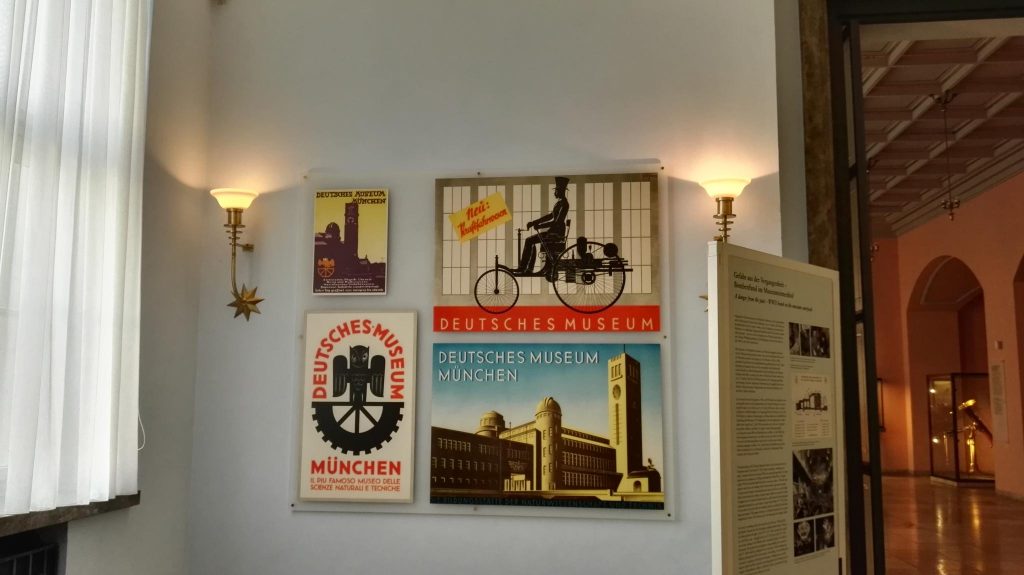
- Museum of the City of Munich (Münchner Stadtmuseum) presents exhibitions dedicated to the city’s past and the history of civilization from the Middle Ages to the present.
- Egyptian Museum, presents one of the most interesting collections of Egyptian art in Germany.
- The three art galleries in Munich (Alte Pinakothek, Neue Pinakothekk, Pinakothek der Moderne) are home to works that date from ancient times, contemporary works, and exhibitions of paintings by renowned artists, which make them very interesting attractions of the city.
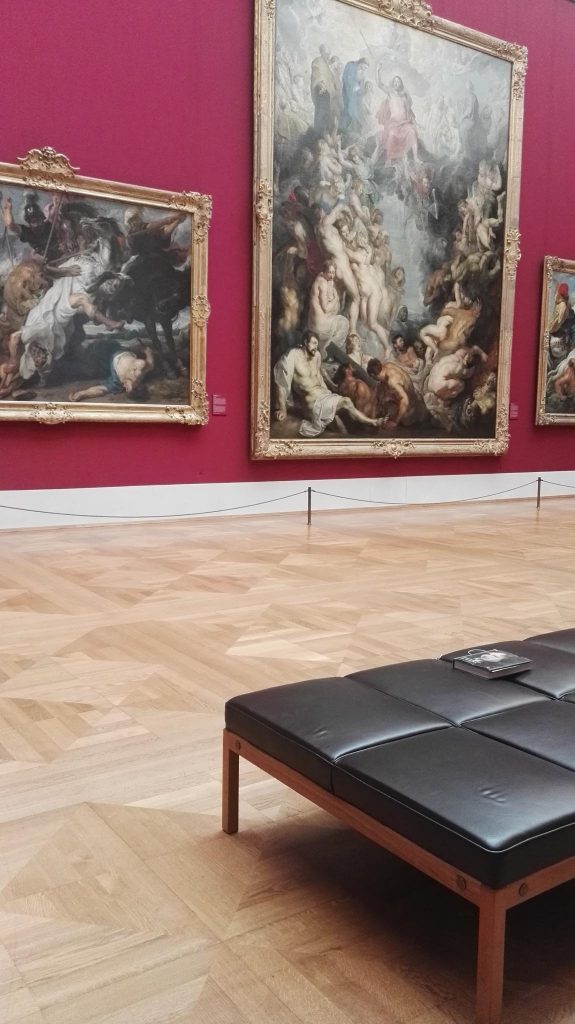
Lina

